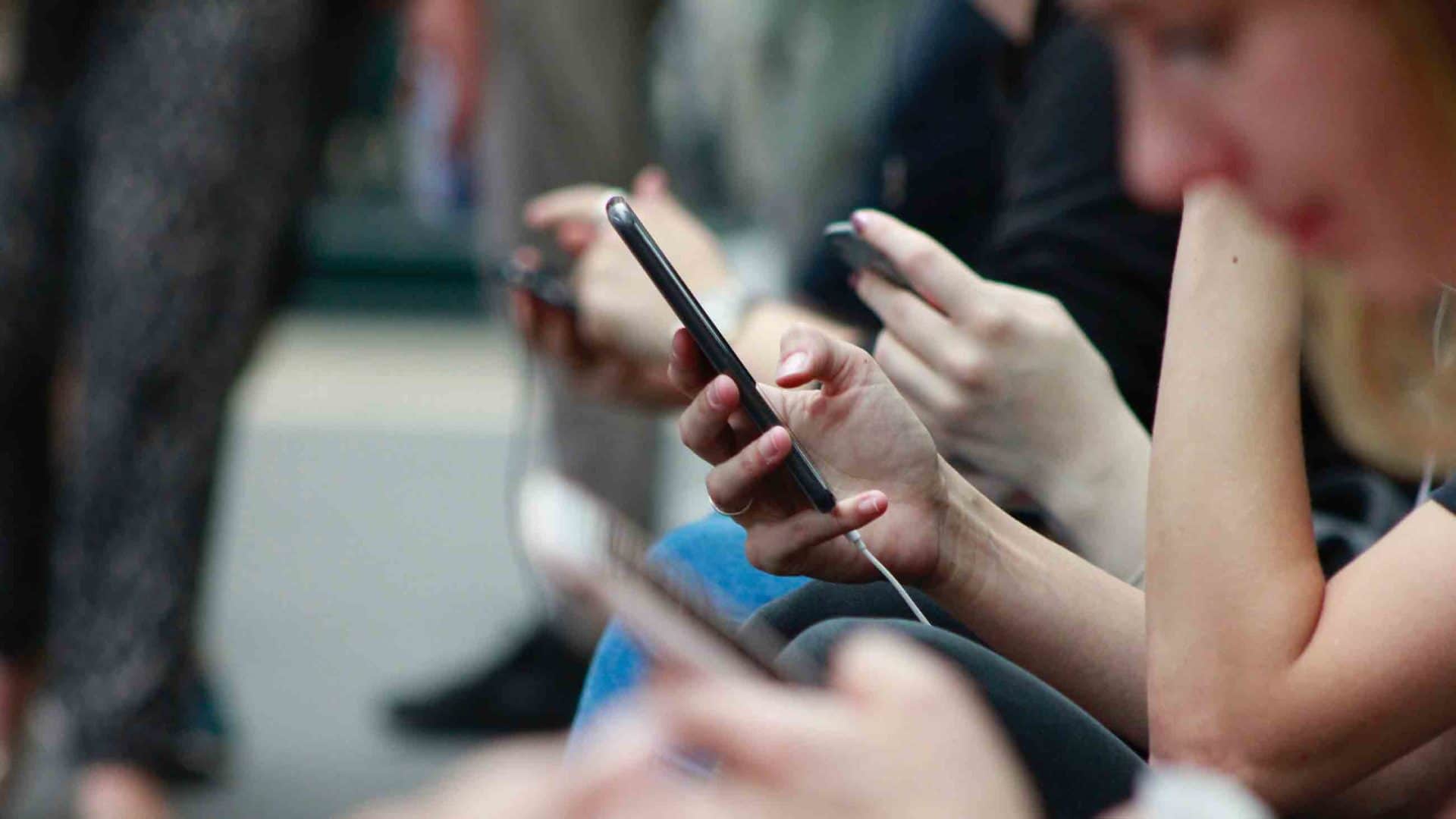Studies have shown that in recent years Facebook, Instagram, YouTube and many other platforms have been linked to anxiety, loneliness and depression, causing social isolation and social displacement.
Once a student hears their notification sound, anxiety sneaks up and the brain knows there is a message.
Seeing on social media the amount of fun everyone else is having while in a four-walled room doing homework could make one a bit lonely and a tad depressing.
Del Mar student Keisha Johnson, studying to be a teacher, said social media can be harmful to her health so she has opted out of social media except one public forum.
“I’m only on it for three hours a day,” Johnson said.
There have been times where the average college student in the 21st century has admitted to themselves they need to get off social media.
Wade Thompson, a Del Mar student studying to be an athlete trainer, agrees social media is mentally draining.
“I know it’s bad for me. But I can’t stop.” Thompson said.
Even to pass the time while waiting in a waiting room or listening to a boring lecture we get the itch to pick up our phone and aimlessly scroll for more interesting content. It makes things harder to limit yourself on social media when you have the clickbait, a text or thumbnail link that is designed to attract attention and to entice users to follow that link and read.
The amount of time we spend on our phones while out in public is another cause of concern.
By the time we look up we notice we have wasted hours on our phones, sometimes unintentionally, causing that social isolation.
“This issue of displacement has gone on for more than 100 years,” said Jeffrey Hall, Ph.D., director of Relationships and Technology Lab at the University of Kansas.
Social displacement is that time spent on social media that replaces time spent in face-to-face interaction.
There is nothing wrong with finding an outlet in social media. But how much is too much?
In Psychology Today, Gregory L. Jantz, Ph.D. has done research on the dangers of social media but accepts its positive notes. He even goes on to give seven actions to consider, one about choosing a “healthy replacement” while online.
If you suffer from mental illness, depression, anxiety or have suicidal thoughts please reach out to the Del Mar Counseling Center at 361-698-1586.





